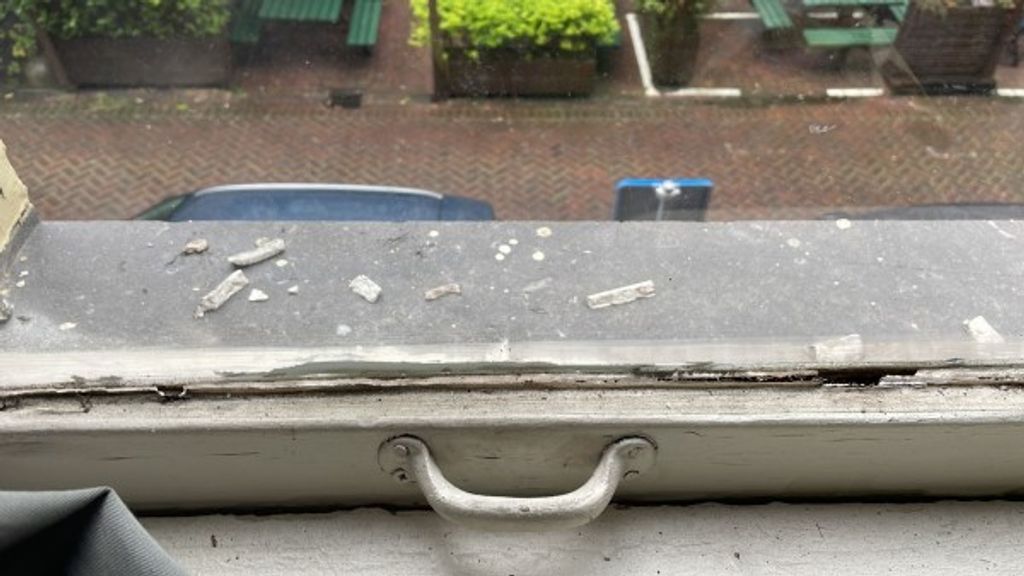Noos News••an average
To date, private landlords have taken advantage of little significant support to make rental properties more sustainable. So far, approximately 3 million euros have been requested out of the 152 million euros available, or approximately 2 percent.
This relates to the so-called Support Scheme for the Sustainability and Maintenance of Rental Properties, which can be applied until the end of 2025. This allows landlords to receive a contribution of up to 6,000 euros per house to insulate hollow walls, install new glazing or install an energy-efficient ventilation system.
The subsidy does not cover the entire investment, because a maximum limit is set per square meter of glass or cavity wall. So the costs to the owner are multiples of that.
“Anyway, it was not because of our information, because we informed all our members about it,” says Kavish Bartiman of Fastgood Belang, a landlord interest group. “But the incentive to invest has disappeared for property owners due to all the recent measures taken by the government.”
The interest group thus points to, among other things, the sharp increase in the wealth tax on rental properties. In addition, a new affordable rental law may come into effect next year, meaning many homes will be subject to rent caps. The rental price is calculated based on a points system. Only if a property has more than 186 points does the landlord have to maintain the maximum rent.
In this points system, it should be more attractive to become more sustainable: for homes with energy ratings A and B, landlords can charge more rent from next year, while with a poor rating they will get a discount on that maximum price. But for many landlords, it’s not worth the investment in the end.
“I have three houses with the energy label E, but they already have double glazing,” says one owner who wishes to remain anonymous. “The measures I have to take now are more stringent. But this still does not exceed the maximum rent of 1,100 euros. So there is no point in investing, because the rent I can ask remains very high considering the costs.” “.
Owner Paul Uijtewaal also believes that making his Energy Label E apartment more sustainable is a very significant investment. “The apartment is in a complex, but other private housing owners don’t want to take action yet. So now I have to make it more sustainable on my own, because I’m the only one obligated.”
Uijtewaal previously told NOS that he sells his homes as soon as the tenant leaves. His first home is now for sale.
“The owners again did not help.”
Woonbond, which advocates for the interests of tenants, is not satisfied with the sustainability results. A government spokesman says: “Even with the support plan in place, the sustainability of the private sector will not be achieved.” “This means that tenants will not be assisted again this winter and their energy bills will remain high.”
The interest group would particularly like to see double glazing made mandatory, or single glazing become an official defect, so tenants can go to court.
The Home Office stated in its response that small landlords in particular are not always aware of the current support schemes and points system. For this reason, they will “draw broader attention to both points in the near term.”

“Lifelong zombie fanatic. Hardcore web practitioner. Thinker. Music expert. Unapologetic pop culture scholar.”








